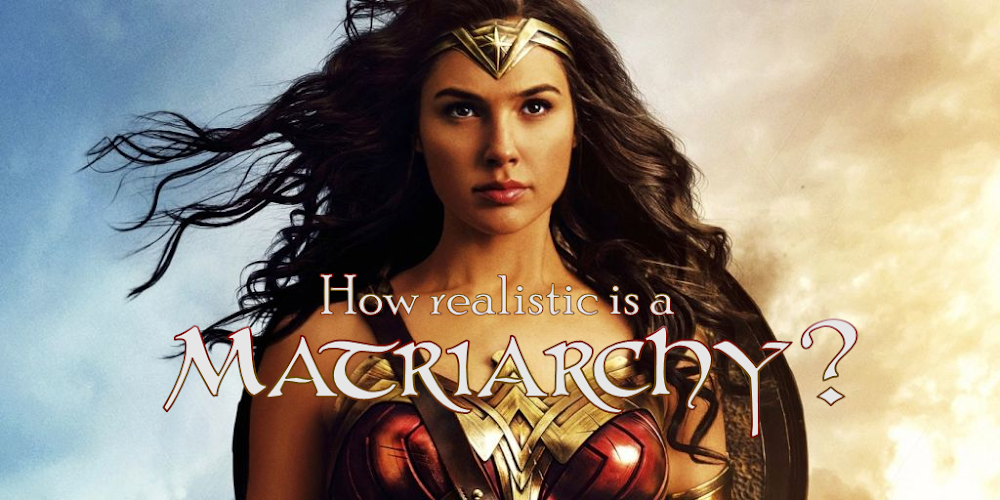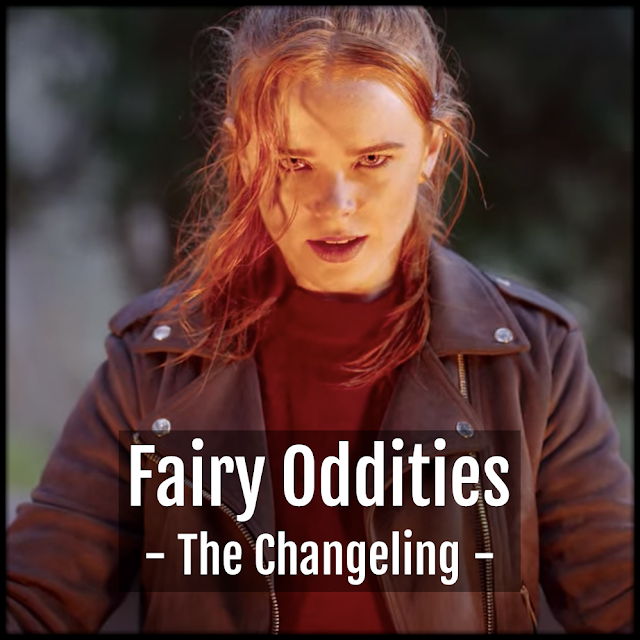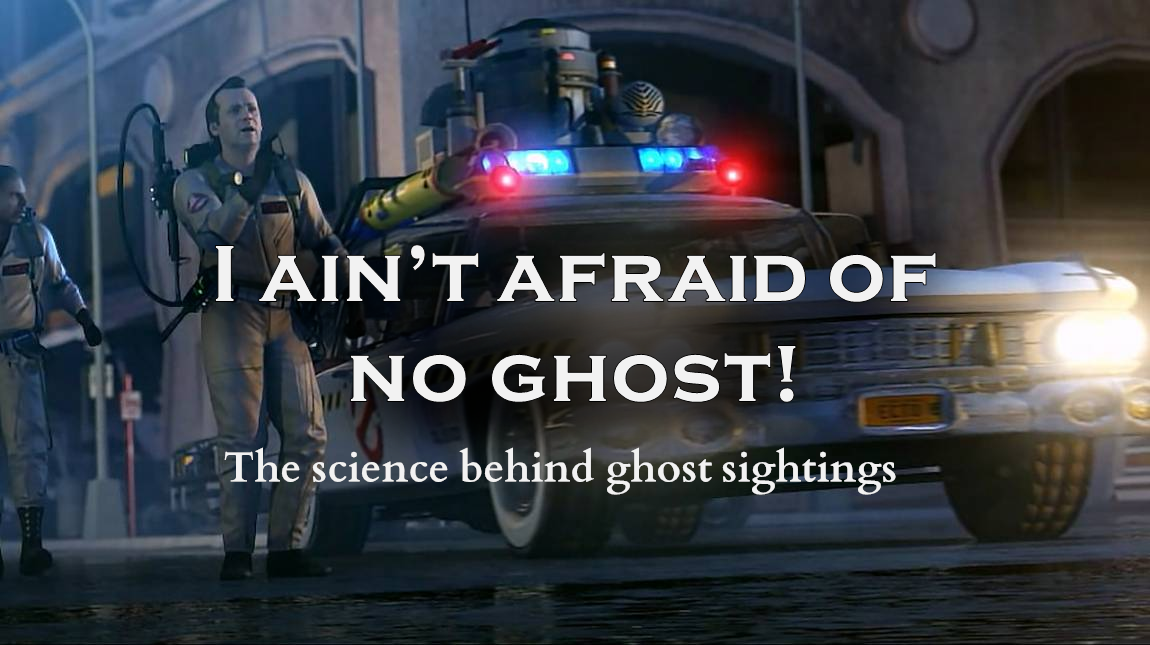Of witches and magicians - Types and history of magic users

Hey there, traveler!
Our journey through time and space continues exploring the various elements of magic, moving on to the experts, the humble craftsmen of the mystic art: the magicians. Or wizards. Or enchanters.
Too many names? Don’t be afraid, I was just as confused as you are.
But today we will look at all the types, the real-life inspiration, and some literary representation. So strap on, put on your “Hide Helmet of Resist Magic” because the show is on.
First, let’s lay down some basic.
As we discussed in last week’s Dissecting Literature, the English word “magic” and consequently “magician” comes from ancient Greek and Persian languages. The original mages, or “magi” were most likely Persian noblemen with supposed magical power, but the meaning of the word dissipated over the many centuries. As far as I could research, there’s no solid consensus among roleplayers and fantasy geeks about what word used to describe a magic-user actually means and each piece of fiction takes its own twist on it, but here are the most common labels.
A mage is an experienced magic-user. You could call them the groundwork for every other type, they are specialized, trained people who wield magic as a profession. The word “mage” is the anglicized version of the Greek “magi”, so this is the purest surviving meaning of the old concept.
A magician, however, is wildly believed to be a botch, a barely skilled caster who uses magic for tricks and entertainment. They are the street performers getting people’s attention with really flashy illusions but in most fiction, they don’t really wield serious powers.
Wizards differ from mages mostly in reputation. A wizard in most literature is held as a wise leader and a powerful mage, giving you either good advice or a magical ass-whooping, depending on their allegiance. The oldest example is possibly Merlin, the great wizard aiding King Arthur in his endeavors, but you can think of Dumbledore or Gandalf for a more familiar representation.
Witches were originally the female counterparts of wizards, however because of characters like the Baba Yaga, Morgan le Fay, and the general rejection of magic by Christianity, the witch transformed into a malicious spellcaster hell-bent on screwing with people, casting curses and creating poisons.
Enchanters and enchantresses are mages primarily focusing their effort on enchanting (duh), seducing pure of heart heroes, and deterring them from their quest. An enchantress is nearly always a beautiful woman living in a far-off location trying to get the hero to stay with them. One great example of this trope is from the Greek epic Odyssey, namely the goddess Circe.
Other then these, there are more specialized magic-users, like warlocks, necromancers, druids, and such, but we would be sitting here all day talking about the various versions. I’d recommend hitting up a few DnD resources or fantasy games and you can get a fairly good idea of how many colors the magician spectrum has.
Now that we went over what we exactly mean as a magician, where did this come from? Let’s talk history.
Don’t worry, I’ll be brief.
During mankind’s social evolution, there was always a representation of Raistlin and Karamon’s duo of wizard-barbarian. Our cave-dwelling ancestors realized that although clobbering a sabertooth tiger over the head was a great feat of strength, even the mightiest warrior couldn’t survive infection or a lightning strike, and as such, there was a market gap for a wiser role in society – that was the shaman.

At first, shaman were both spiritual leaders, magic-users, and medicine-men. They knew about the beneficial herbs, the weather and such, but they were also a connection to the invisible forces like spirits and gods. They used rituals to communicate with the magic world, which they believed was as real as the ground they were walking on.
At this point in time, religion and magic intertwined and were inseparable. For many millennia, priests were believed to wield magical power gifted by the gods, and people attributed many inexplicable feats to this power. That’s how Imhotep, the chief architect and main healer of the Egyptian Pharaoh Djoser ended up from a craftsman to a magician and in the end, a god.
This supportive role stayed for many of our history, although it faded and magic sometimes fell out of the equation. In ancient Greece, philosophy was born and science started flourishing, so scientists took the role of wise men from the priesthoods. There was even a competition in medical schools, some following the rational ways of Hippocrates, others sticking to the more divine and magical ways of Asclepios, god of healing and son of Apollon. This slow but steady shift from magic to science almost eradicated the magicians from society.
So why does it have such a huge fandom nowadays? Why are there books like Harry Potter, Dragonlance and the rest?

In my theory, it is a power fantasy. In teenage society, physical prowess means popularity – excelling in sports, looking dashing and dousing three liters of vodka without pushing your liver to suicide. The physically less fit boys and girls find it hard to win over their stronger, more attractive, or more outgoing classmates, so at least in fantasy, they need something that can lift them above the crowd. And here comes magic, a powerful force only usable with sharp mind and creativity that can shred a thousand jocks to pieces and save the world. No matter how strong someone is, magic doesn’t care for physique. Sometimes this parallel is more obvious, like in Harry Potter where the setting is literally a high school, sometimes a bit more hidden like in sword & sorcery fantasy stories with a magic-user lead character.
I think that’s it for now. Sorry if it was a bit digressive and confusing, my exam period is taking a toll on me. Next week we’ll move onto some of my favorite magic systems, including books, TV shows and games, and I might even pitch an original idea for it, so stay tuned! In the meantime, why don’t you tell me what is your favorite mage subtype? Is it a warlock making pacts with evil entities? Is it a seductive witch? Is it a cynical necromancer, raising a family?
Take care, traveler!
Cheers,
Dar



Comments
Post a Comment